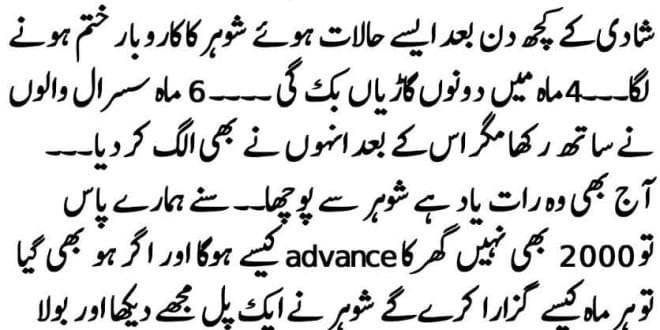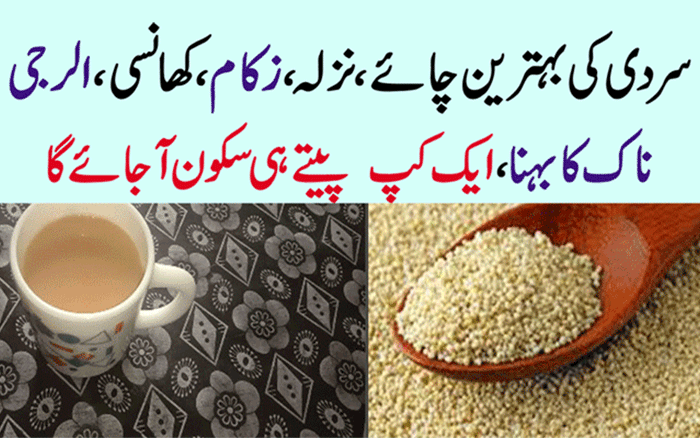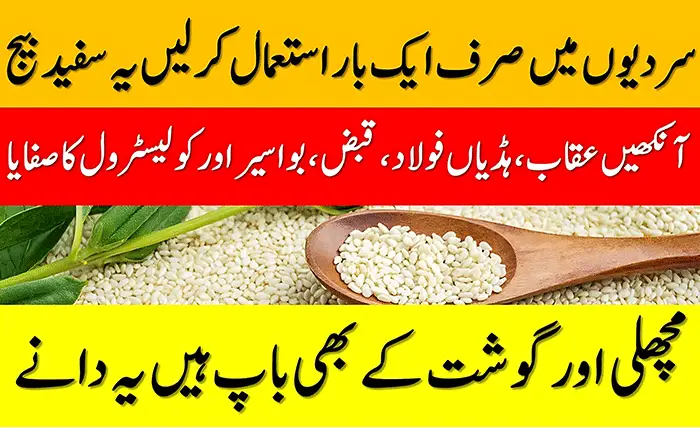Introduction
Marriage, a sacred union built on love and commitment, can face challenges that, if not addressed, may lead to irreparable damage. Certain persistent vices, if left unchecked, can cast a dark shadow over the foundation of a marriage. In this exploration, we delve into the destructive forces that can potentially obliterate the bonds of matrimony.
**1. Communication Breakdown
Effective communication is the lifeblood of a healthy marriage. When communication breaks down, misunderstandings and resentments fester. Ignoring or avoiding discussions on important matters can create a divide that widens over time, eroding the emotional connection between partners.
**2. Infidelity and Trust Betrayal
Infidelity, a betrayal of trust, ranks among the most destructive forces in a marriage. The emotional toll of discovering a partner’s unfaithfulness can be overwhelming, often leading to irreparable damage to the relationship. Rebuilding trust after infidelity requires sincere effort from both partners.
**3. Financial Infidelity

Secretive financial behavior, also known as financial infidelity, can be as damaging as emotional infidelity. Hiding debts, overspending without transparency, or making significant financial decisions without consulting a partner can lead to broken trust and severe marital strain.
**4. Addiction and Substance Abuse
Addiction, whether to substances or behaviors, can wreak havoc on a marriage. The impact of addiction goes beyond the individual, affecting the emotional, financial, and physical well-being of both partners. Seeking professional help is often crucial to overcoming the challenges posed by addiction.
**5. Persistent Criticism and Contempt
Constant criticism and contemptuous behavior create a toxic environment within a marriage. The emotional scars inflicted by consistent negativity can lead to resentment and a breakdown of intimacy. Building a foundation of respect is essential to combatting the corrosive effects of persistent criticism.
**6. Unresolved Conflict and Grudges
Allowing conflicts to linger without resolution can create a breeding ground for resentment. Holding onto grudges and past grievances poisons the atmosphere of the relationship, preventing emotional healing and hindering the growth of the marriage.
**7. Lack of Intimacy
Intimacy, both emotional and physical, is a cornerstone of a thriving marriage. A persistent lack of intimacy, whether due to emotional distance or a physical disconnect, can lead to feelings of neglect and dissatisfaction, potentially eroding the connection between partners.
**8. Neglect of Emotional Needs
Ignoring or dismissing the emotional needs of a partner can lead to feelings of isolation and loneliness. A marriage requires nurturing, understanding, and emotional support. Persistent neglect of these needs can create emotional distance that threatens the stability of the relationship.
**9. Entangled Family Dynamics
While familial bonds are important, entangled family dynamics can strain a marriage. Constant interference or excessive involvement from extended family members can lead to conflicts and undermine the autonomy of the marital relationship.
**10. Refusal to Seek Professional Help
In the face of persistent challenges, the refusal to seek professional help can be a grave mistake. Whether through couples counseling or therapy, professional intervention can provide the guidance and tools needed to address and overcome issues threatening the marriage.
Conclusion
A successful marriage requires ongoing effort, understanding, and a commitment to growth. Identifying and addressing persistent vices is crucial to ensuring the longevity and happiness of the marital bond. By fostering open communication, trust, and a willingness to confront challenges head-on, couples can navigate the complexities of marriage and build a resilient partnership.







